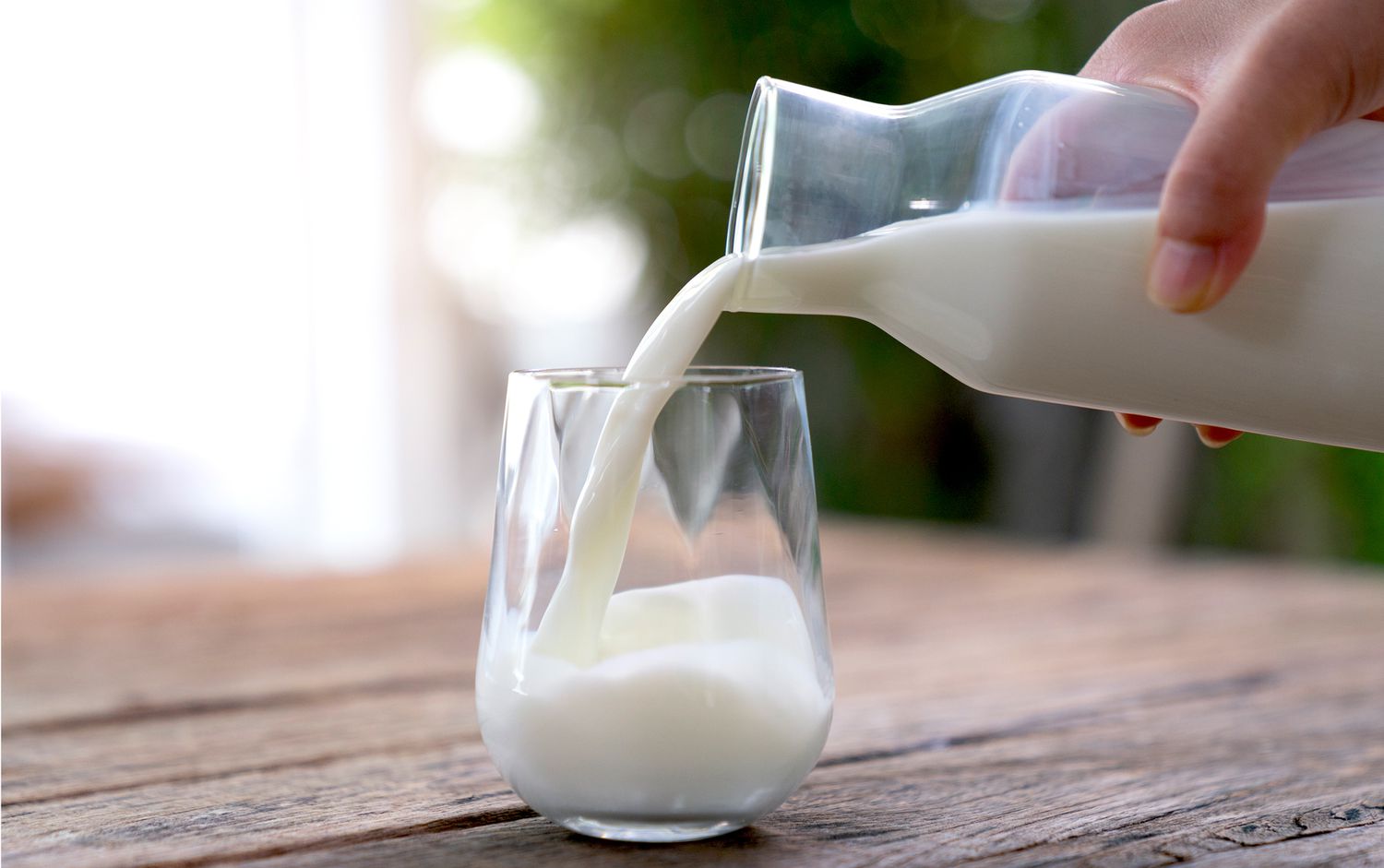How do you like your milk? Do you prefer a creamy latte or a decadent hazelnut chocolate chip milkshake (or both)? Are you a fan of tea or do you need your daily doses of coffee? Whatever your preferences, you’re among the billions of people who enjoy milk, a vital component of many diets around the world. Since 2001, we celebrate World Milk Day on June 1 to appreciate this wonderful drink.
Established by the Food and Agriculture Organization (FAO) of the United Nations, the World Milk Day raises awareness about the importance of milk and dairy products in our diets. It also sheds light on the nutritional benefits of milk and encourages the consumption of milk products worldwide.
Derived from the mammary glands of animals like cows, buffaloes, and goats, milk contains essential nutrients that include calcium, vitamin A, riboflavin, protein, vitamin B-12, and zinc, among others. This nutritional richness makes milk and dairy products sought-after foods for consumption. Being a source of potassium, it aids in dilating the blood vessels and reducing blood pressure, which can indirectly reduce the risk of heart attack or stroke. Muscle growth is an added advantage of cow’s milk, as it provides the required amino acids (proteins) and saturated fat that saves muscles from over-utilising energy.
Apart from the several benefits it has on the human body and health, milk is known for its potential benefits in fostering bone health. Multiple studies have confirmed that the calcium and vitamin D in milk helps keep away osteoarthritis. According to the National Institutes of Health (NIH), if you are between the ages of 19 and 50, you should strive for a daily calcium intake of approximately 1,000 mg. This recommended intake is slightly increased for women aged 51 and above, as well as men aged 71 and above, to reach 1,200 mg. You can reach this count by drinking milk.

Benefits of milk in enriching bone health:
Calcium: Milk is said to support bone density and strength by providing proper calcium to the bones. Calcium plays an important role in the development and preservation of robust skeletal structures and strong dentition. A deficiency of calcium leads to weak bones and an increased risk of fractures.
Vitamin D: Milk is often fortified with vitamin D, which is essential for calcium absorption. These optimise nutrient absorption in the body. Combining calcium-rich foods with a reliable source of vitamin D can promote an upsurge in levels of both these vital nutrients.
Chlorine: Choline levels, when inadequate, can cause muscle damage, liver impairment, and the onset of nonalcoholic fatty liver disease. While the body is capable of combining a substantial portion of its required choline, a portion must be acquired through dietary means. Milk, yoghurt, and cottage cheese, the nutrient-rich sources, can confer the essential choline demanded by the body.
Protein: Studies show that milk and dairy products are an integral part of a balanced diet. An article published in Pubmed suggests that one of the main reasons milk is good for health is because of its proteins. These proteins provide important nutrients and can also help protect against diseases like cancer, lower blood pressure, along with supporting the immune system. Scientists have found that the proteins in milk, whether in their original form or in modified versions, are linked to these positive effects on our health.
More nutrients: Along with calcium, vitamins, and proteins, milk also provides other important nutrients that strengthen the bones. Nutrients such as phosphorus, potassium, and magnesium are minerals that work together with calcium to support bone health.



